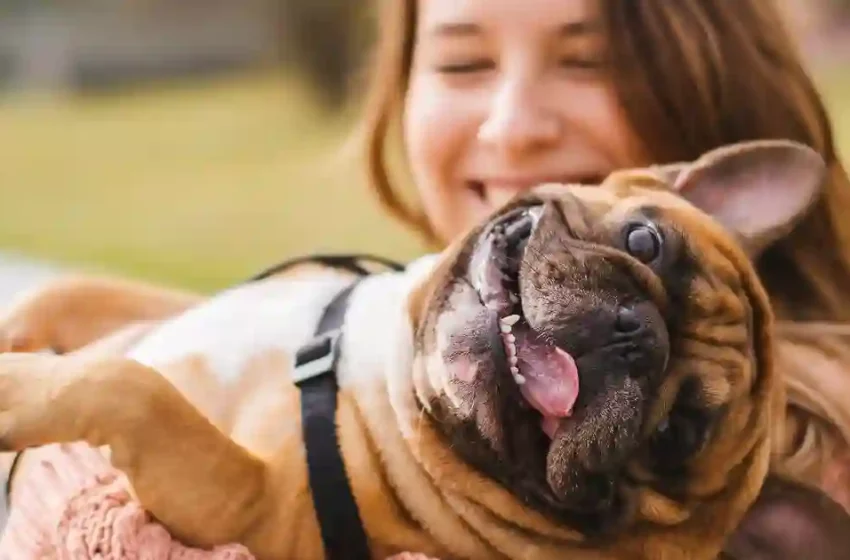
7 Important Animal Care Tips for Pet Owners
Responsible pet ownership means more than feeding, bathing and playing with your furry family member. It also includes regular visits to the veterinarian for checkups and vaccinations.
These tips can help you keep your pets healthy and safe, so they can enjoy a lifetime of joy with you. 1. Provide a balanced diet.
1. Feed Your Pet a Balanced Diet
Pets require a well-balanced diet to stay healthy and active. This includes commercial pet foods designed to meet your animal’s nutritional needs, as well as fresh fruits and vegetables.
Dogs, cats and rodents need regular vet check-ups to help prevent disease and catch small problems before they become serious. These exams cover everything from nutrition and weight control to recommended vaccinations and parasite controls.
During the holidays, keep breakable ornaments, tinsel and string out of reach of pets, as they can cause serious internal injuries if chewed. Also, make sure your dogs have access to plenty of water, as dehydration is dangerous for them.
2. Exercise Your Pet Regularly
Pets that don’t get enough exercise can become bored and destructive. They may also be at risk for medical problems like arthritis, heart disease and obesity.
Dogs need to be walked on a regular basis (ideally daily) to burn off energy and get some fresh air. Many dogs enjoy their walks and look forward to them!
Other types of exercises can include playing fetch, using puzzle toys and social activities. Just be sure that your pets always have access to clean water to drink.
3. Vaccinate Your Pet
Vaccines are safe and effective and can protect your pet from potentially fatal diseases. Vaccines contain weak or partial versions of disease-causing organisms that stir up your pet’s immune system to produce antibodies. If your pet is exposed to the real thing in the future, their body will recognise and destroy it much more effectively.
It is important that your pet is vaccinated on schedule. While reactions to vaccines are very rare, they do exist and can range in severity from a mild, temporary swelling to life-threatening shock. Your veterinarian will tailor a vaccination schedule to suit your pet’s lifestyle and health risks.
4. Brush Your Pet’s Teeth
Keeping your pet’s teeth clean is a vital part of pet dental care. When plaque accumulates, it can lead to gum disease, bad breath, and other serious health problems.
To get your dog used to brushing his teeth, start by rubbing his mouth with a cloth or fingertip and then adding a small amount of pet-safe toothpaste (buy it at your vet clinic). Start with the front outside surfaces of the canine and cheek teeth, where plaque tends to collect.
Try to brush at least twice per week, but work up to it slowly. Be sure to reward him with a treat and plenty of praise during each session.
5. Clean Your Pet’s Ears
Ear infections can be extremely painful for your pet and lead to serious health issues if left untreated. Cleaning your pet’s ears is an important part of your animal care routine and should be done 1-2 times per fortnight to prevent wax accumulation and infection.
Wet a cotton ball or gauze with ear-cleaning solution. Rest your dog in a comfortable position, using a towel to protect yourself from any solution drips. Carefully pull the ear flap back and expose the ear canal. Insert the tip of the cleanser bottle a few millimeters into the canal, but avoid pushing it in too far as this could cause an eardrum rupture.
6. Give Your Pet a Bath
Bathing your pet helps to keep their skin and coat free of dirt, fungus, and odors. It also reduces the amount of dander your dog sheds and improves respiratory health in the home.
Whether you are bathing your pet in the family bathtub or in a special dog bath, it is important to approach this one-on-one activity with a calm and patient demeanor. If you reward your dog with treats and praise during and after bath time they will begin to associate this activity with positive things making it a less stressful experience for them and easier for you!
7. Socialize Your Pet
Socializing your pet is one of the most important things you can do for your dog or cat. This includes introducing them to people of all ages and backgrounds, as well as other dogs, animals, and places.
Those who aren’t regularly socialized may exhibit undesirable behaviors like barking at strangers or reacting to other dogs in a public setting. Having them exposed to new experiences and people can help prevent these behaviors and make life more enjoyable for you both! While it’s best to start this process early on, even older or disabled pets can benefit from the exposure and positive reinforcement. This will help them become more comfortable with new people and situations throughout their lifetime!




